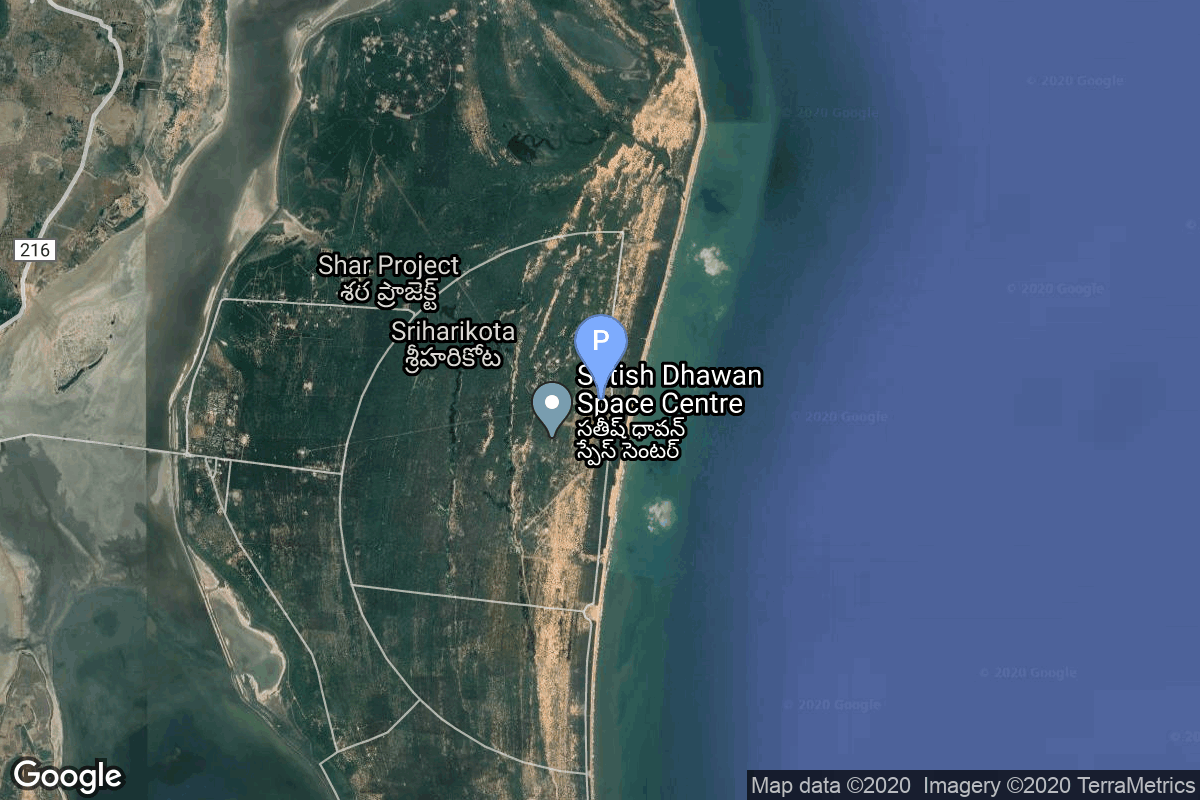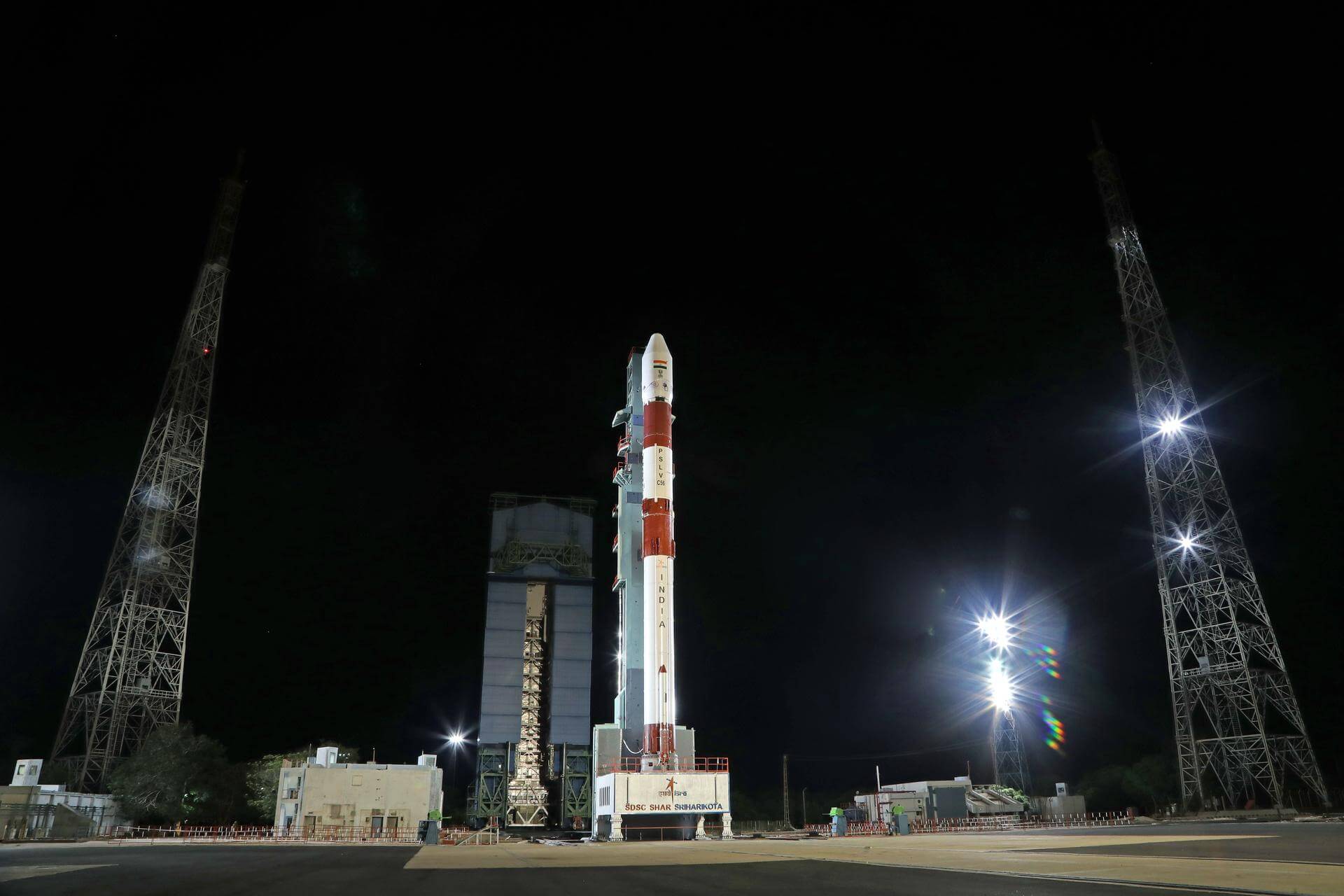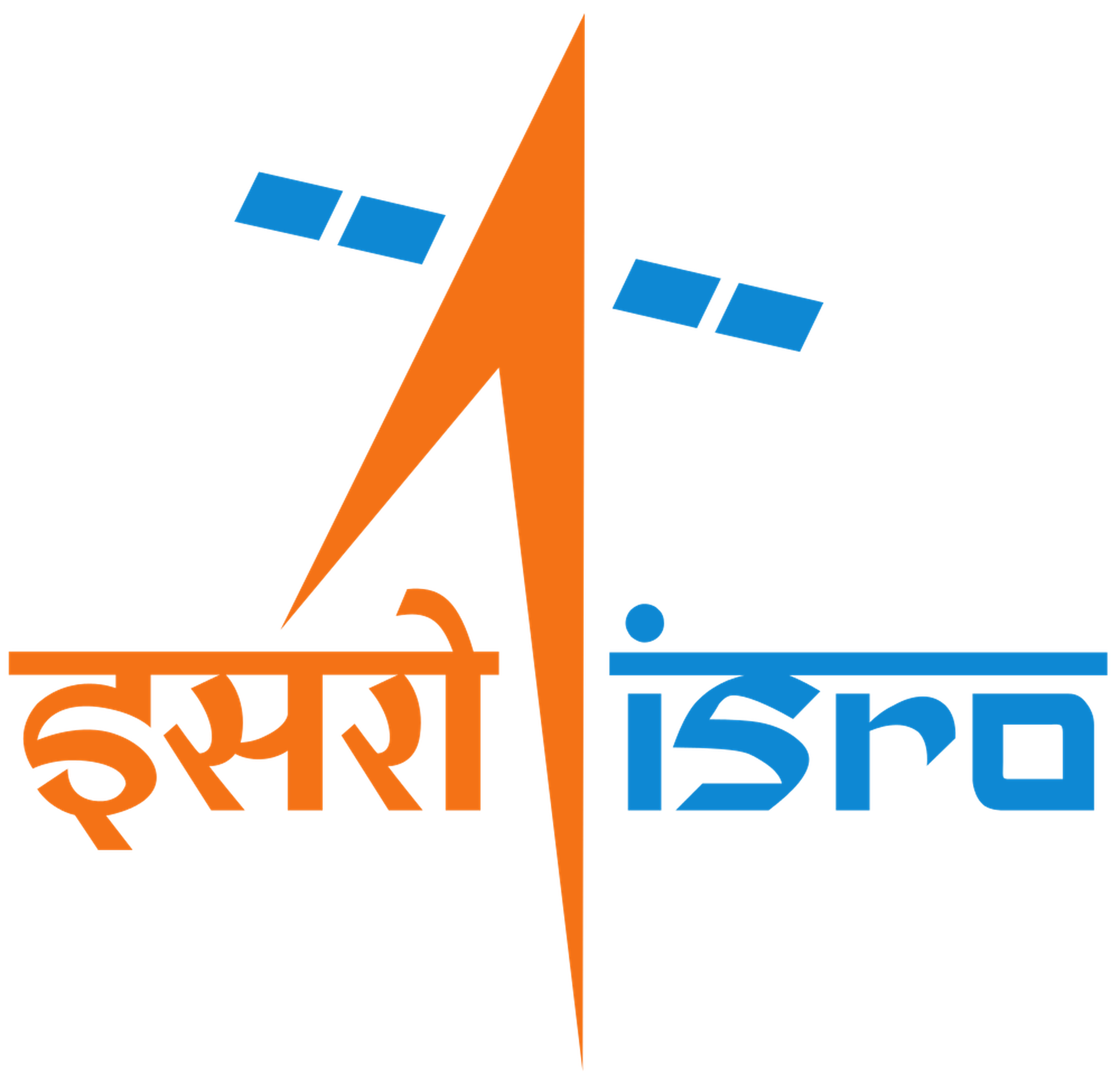SSTL-S1 & NovaSAR-S
PSLV-CA
Indian Space Research Organization
Mission
SSTL-S1 & NovaSAR-S
- Type: Earth Science
- Orbit: Sun-Synchronous Orbit
- Launch Cost: $16,000,000
The NovaSAR-S spacecraft carries a radar imaging instrument, and the mission was developed in partnership between the British government and the British satellite manufacturer SSTL. The SSTL-S1 satellite, also built by SSTL, is a high-resolution optical Earth observation satellite identical to three DMC3/TripleSat reconnaissance craft launched in 2015. Beijing-based 21AT will lease imaging capacity on the SSTL-S1 satellite. There are also several secondary payloads.
Location
Satish Dhawan Space Centre First Launch Pad
Satish Dhawan Space Centre, India
Satish Dhawan Space Centre First Launch Pad has witnessed the launch of 58 rockets, including 57 orbital launch attempts, while Satish Dhawan Space Centre, India, has been the site for 94 rocket launches.
Rocket
Indian Space Research Organization PSLV-CA
The PSLV-CA, CA meaning “Core Alone”, model premiered on 23 April 2007. The CA model does not include the six strap-on boosters used by the PSLV standard variant. The fourth stage of the CA variant has 400 kg less propellant when compared to its standard version. It currently has capability to launch 1,100 kg to a 622 km Sun synchronous orbit.
Agency
Indian Space Research Organization
The Indian Space Research Organisation (ISRO) is the space agency of the Government of India headquartered in the city of Bangalore. Its vision is to “harness space technology for national development while pursuing space science research and planetary exploration.”


